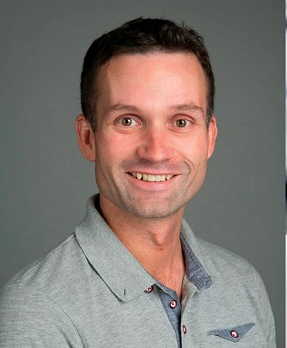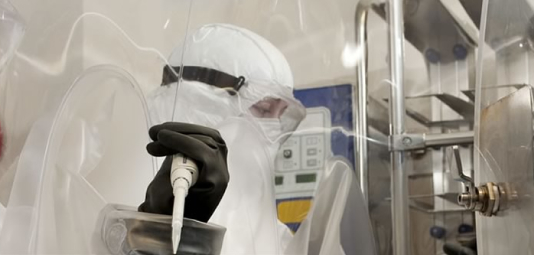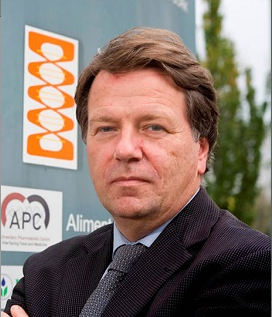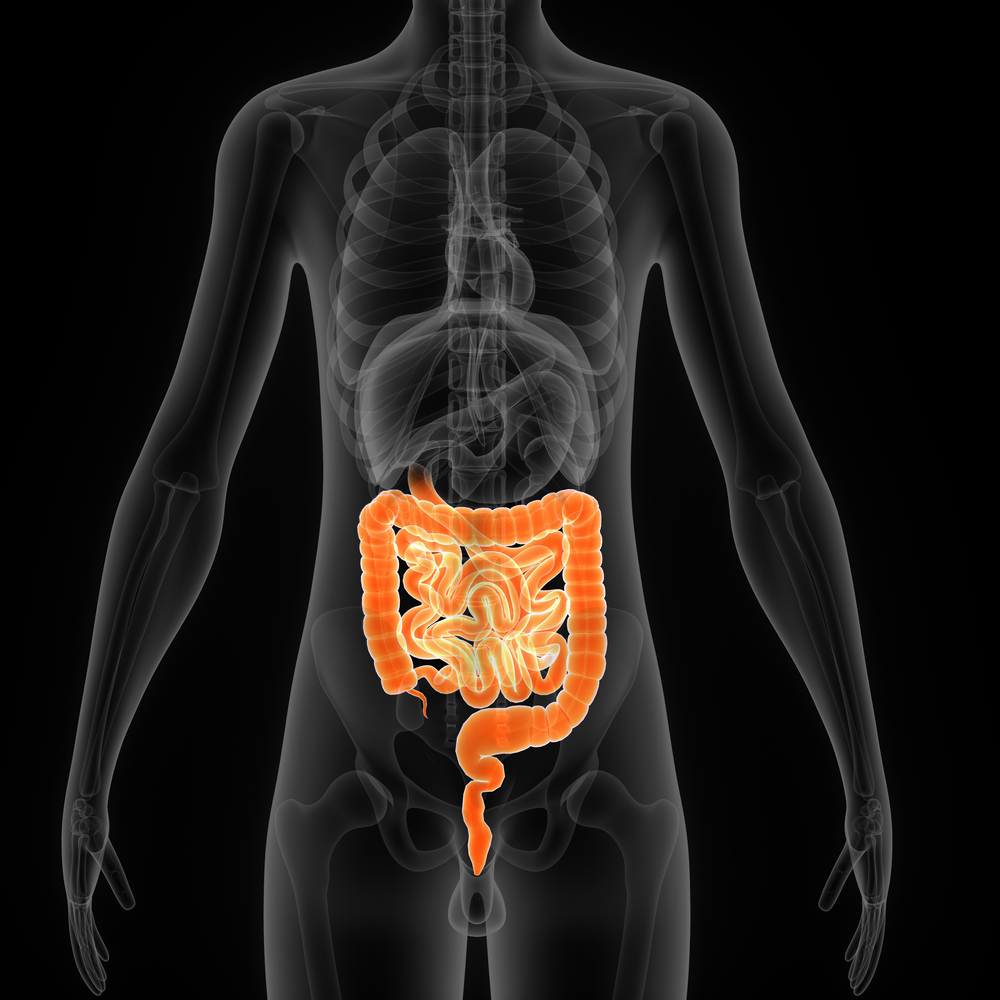San Francisco based Second Genome, Inc., a biotech firm specializing in novel medicine development through applied innovative microbiome science, has formed an alliance with the University College Cork (UCC), Ireland’s Alimentary Pharmabiotic Centre (APC) Microbiome Institute to advance the development of therapies that prevent and treat inflammatory bowel disease (IBD). Scientists from both partners will collaborate efforts to explore the microbiome’s role in IBD by analyzing patient data from which to identify new therapeutic intervention opportunities.
Second Genome brings microbiome science to therapeutic product discovery and development, having established a pipeline of microbiome modulators that impact infection, immunity and metabolic diseases. Second Genome’s development pipeline is accelerated by novel technologies that can identify, screen and scientifically validate product candidates and microbial biomarkers. Second Genome’s technologies have been rigorously validated through partnerships with leading pharmaceutical and nutrition companies, as well as academic and governmental research institutions like the APC.
The APC is a partnership between UCC and Teagasc, the agriculture and food development authority in Ireland whose mission is to support science-based innovation in the agri-food sector and the broader bioeconomy that will underpin profitability, competitiveness and sustainability. Teagasc has more than 170 scientists and clinicians working on the human microbiome — the vast collection of microbes living in and on the human body that plays an important role in the health of the human host. Microbiome research is recognized as one of the most important emerging biomedical research fields. The APC Microbiome Institute, which was formed more than a decade ago, is supported by Science Foundation Ireland (SFI) and by funding from national and global partner companies.
 Project Leader & Principal Investigator is UCC professor Dr. Marcus Claesson, who is also a Funded Investigator at the Alimentary Pharmabiotic Center managing the BioIT platform. Dr. Claesson’s main research interests are the development of bioinformatics methods of “omics” technologies for application on particularly, but not exclusively, human microbiological systems. These technologies include compositional microbiota analysis, metagenomics and metatranscriptomics. He also has a particular interest in exploring gut microbiomes involved in inflammatory bowel disease patients using the aforementioned methods. This work has been funded by both a Postdoctoral Fellowship award from the Health Research Board, and a Starting Investigator Research Grant from the Science Foundation Ireland.
Project Leader & Principal Investigator is UCC professor Dr. Marcus Claesson, who is also a Funded Investigator at the Alimentary Pharmabiotic Center managing the BioIT platform. Dr. Claesson’s main research interests are the development of bioinformatics methods of “omics” technologies for application on particularly, but not exclusively, human microbiological systems. These technologies include compositional microbiota analysis, metagenomics and metatranscriptomics. He also has a particular interest in exploring gut microbiomes involved in inflammatory bowel disease patients using the aforementioned methods. This work has been funded by both a Postdoctoral Fellowship award from the Health Research Board, and a Starting Investigator Research Grant from the Science Foundation Ireland.
A recent research focus in Dr. Claesson’s lab had been on microbiota analysis as part of the ELDERMET project, which aims to use metagenomic and metabolomic approaches to determine the composition and function of the gut microbiome in elderly Irish subjects. He and his colleagues analyzed microbiota composition of over 300 subjects, as well as developing analysis methods to be applied on these systems. In their latest study they reveal novel relationships between microbiota, diet and health status within the elderly population.
Dr. Claesson’s previous research included comparative analysis of sequenced genomes of beneficial commensal Lactobacillus and Bifidobacterium species. After sequencing the first genome in Ireland, that of Lactobacillus salivarius UCC118, he discovered a so-called mega-plasmid, which was the first one of its kind in Lactic Acid Bacteria. Although not essential for survival, he notes that it showed probiotic properties and appeared to increase the metabolic flexibility and competitiveness of the strain.
The focus of the collaborative research between Second Genome and the APC will be identification of bacterial species and mechanisms that drive IBD biology. This alliance between academia and industry will allow both groups to complimentarily benefit from each other’s expertise, facilitating a two-way exchange of ideas. Second Genome has assembled a one-of-a-kind drug discovery platform that integrates microbiome and host biology for identification of novel targets and drugs, while the APC Microbiome Institute has deep clinical and bacterial culturing expertise.

“Partnering with the APC Microbiome Institute at UCC unites their clinical and microbiome expertise with our ability to effectively translate microbiome science into novel therapies,” says Peter DiLaura, Second Genome’s CEO. “Second Genome has made a commitment to understand the mechanisms that drive IBD disease biology, and this alliance further advances our efforts to improve treatment options for patients.”
“The APC has had a long history in understanding how the microbiome influences human health, and finding novel ways to treat chronic illnesses such as IBD, ” says Fergus Shanahan, M.D. , Chairman of the Department of Medicine at University College Cork, and Director of the APC Microbiome Institute. “Second Ge nome is a leader in the development of innovative therapies using microbiome science. This collaboration will allow our teams to collaborate to bring new treatment approaches for patients suffering from Crohn’s disease and ulcerative colitis.”
nome is a leader in the development of innovative therapies using microbiome science. This collaboration will allow our teams to collaborate to bring new treatment approaches for patients suffering from Crohn’s disease and ulcerative colitis.”
Together with colleagues from several departments and different faculties within University College Cork and Teagasc, Dr. Shanahan led a team of clinicians, clinician-scientists, and basic scientists to successfully compete for seed funding from Science Foundation Ireland to create a multi-disciplinary research center, the Alimentary Pharmabiotic Centre, the mission of which is to link Irish science with industry and society through excellence in research, education and outreach in gastrointestinal health. The APC investigates host-microbe interactions in the gut in health and disease, and under Dr. Shanahan’s directorship, the center now has 168 staff, scientists, and students and has expanded its funding and research base by securing research alliances with indigenous and multinational companies within the food and pharmaceutical sectors.
Dr. Shanahan, whose research interests are in mucosal immunology, gut microbiota, inflammatory bowel disease, and “most things that affect the human experience,” was recently named to the “Irish Life Science 50” a list of the top 50 Irish and Irish Americans in the life science industry. In 2013, Science Foundation Ireland named him as its Researcher of the Year.
Sources:
Second Genome
University College Cork
Alimentary Pharmabiotic Centre (APC) Microbiome Institute
Image Credits:
University College Cork

